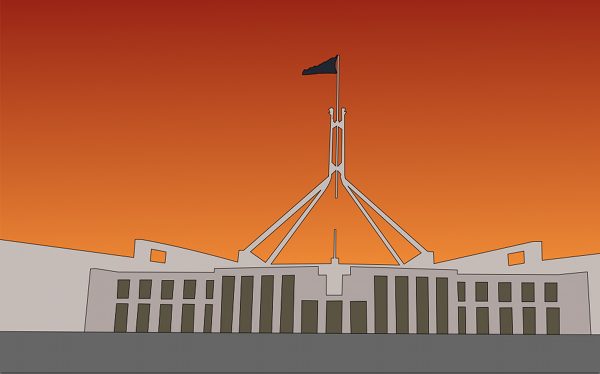When the Victorian parliament resumes on February 4 the Victorian Premier will face the toughest year in his 25-year parliamentary career.
Denis Napthine will have to lead his minority government into an election on November 29 with current polling showing he will lose.
If the polls prove correct, he will become one of the few Premiers not to secure a second term of office.
Already Labor has all but completed its pre-selections. With 12 members announcing they will retire, Opposition leader Daniel Andrews has the opportunity to introduce a fresh image and policies to the people.
The Liberals only started their first round of pre-selections in January and the final round nominations won’t close until February 14.
This puts the momentum solidly in Labor’s camp until at least March, especially with the Liberals facing a number of emerging pre-selection battles and the need for a cabinet reshuffle.
The Premier came into office declaring the State was now ‘open for business’ after many industry groups and political observers believed that the former Premier Ted Baillieu was not getting on with the job.
But Napthine’s business sign is rattling in the wind at the moment.
Food processing and automotive plant closures, job losses, long hospital waiting lists, teacher and school funding issues, emergency service personnel revolts over pay and community unrest on his big transport initiative the East West link tunnel have all led to a negative poll.
There is no doubt that he has been very pro-active in trying to address the State’s issues.
He has strongly promoted trade missions to the Middle East and to Asia to drive exports and he has been highlighting the need for the State to get infrastructure projects underway. Unfortunately, they are not resonating with the public, nor are they carrying the ‘endorsement’ of industries.
The legacies the Liberals inherited from Labor are also becoming nooses for themselves.
They have not been able to clean up the dysfunctional public transport ticketing system Myki, the overcrowding on trains and trams, the traffic chaos faced by motorists each morning and night, pay disputes with ambulance drivers, the lack of funding for public school students, the discontent with the long delayed relocation of the Melbourne Wholesale Fruit and Vegetable Market, the failure to address energy issues, especially coal seam gas; all these add up to the need for the State to have a vision for the future. It is not there at the moment and the public is showing that in the polls.
Napthine faces a year where he has to be at his strategic best.
He has to become the statesman with the vision and with the pipeline of projects he expects to be realised over the next 10 years for the people to endorse and get behind.
His summer of discontent with the polls cannot be left to linger.
His new Treasurer Michael O’Brien must bring down a budget in May that must show not only sound economic management, but also pave the way for the future vision to be realised.
People no longer want patchwork and poll-based policies. They want to know where the State is going and with what industries and policies; they want Victoria to be the leadership state as it used to be.
Everyone knows that governments no longer have levers of control over the economy other than vision and leadership.
RM




